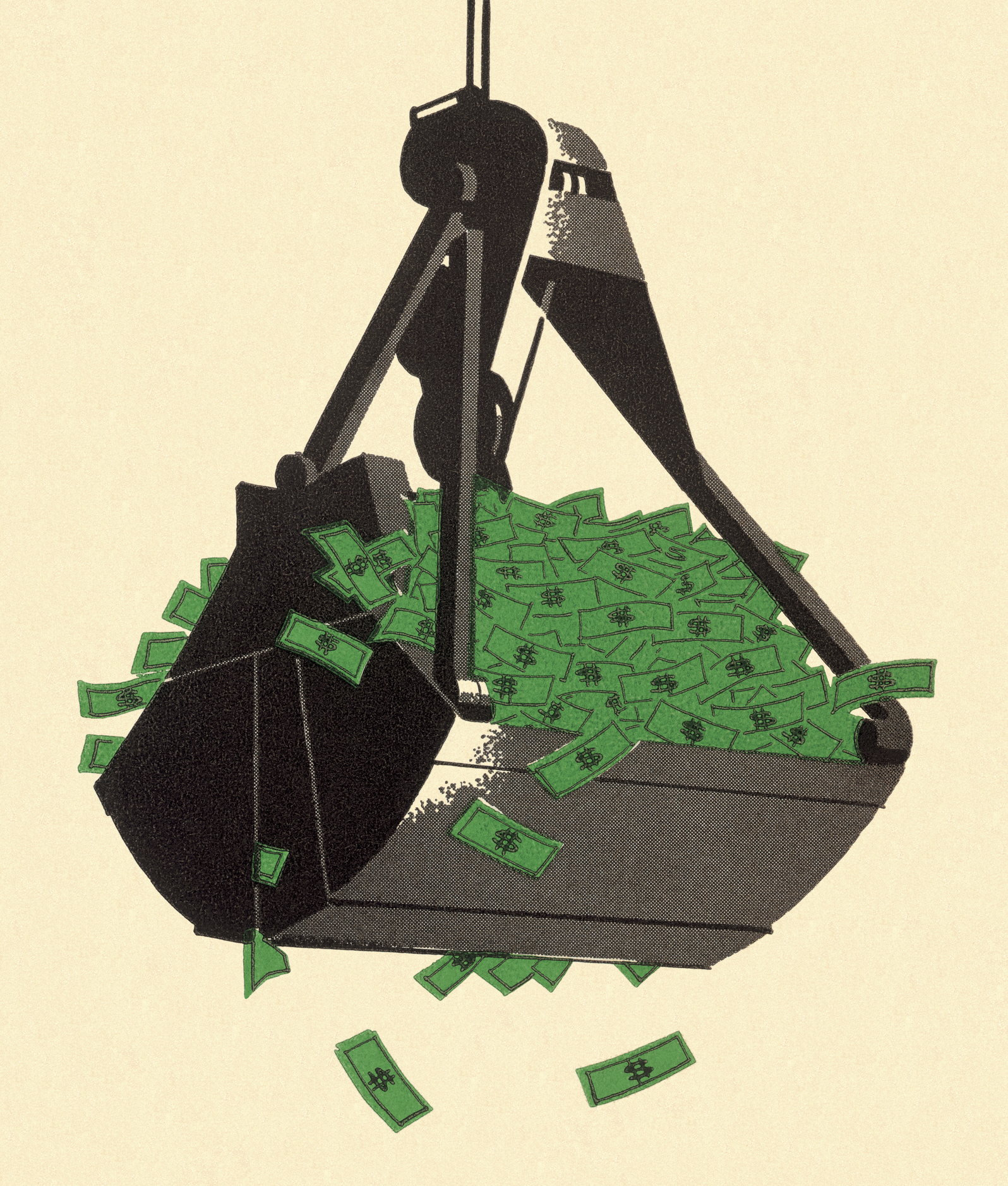Mortgage Forbearance

The Federal CARES (Coronavirus Aid, Relief, and Economic Security) Act requires mortgage servicers (banks that collect mortgage payments) to offer forbearance to customers who may have trouble making payments. However, the act doesn’t specify the form this forbearance should take, which has generated a lot of questions. Below are some more details as I understand them now.
Mortgage Forbearance 411
Let’s start with the basics—what exactly is mortgage forbearance? Forbearance is the formal temporary postponement of mortgage payments, offered by lenders as an alternative to forcing the property into foreclosure. Lenders often choose to offer forbearance because the cost is less than the costs they would bear during a foreclosure.
Keep in mind that forbearance is not forgiveness, it is just a delay of payments. Under a forbearance plan, payments are still (eventually) due and interest still accrues, but the mortgage payment is delayed.
How Does Mortgage Forbearance Work?
Under the forbearance plans offered so far, payments are delayed for a number of months with the lump sum due at the end of the period. So, if a consumer is entering into this kind of a plan due to an interruption in income, they will need to have a plan to pay back that lump sum at the end of the process. To me, it seems counterintuitive to expect that people who don’t have the income to make monthly payments will suddenly have the funds to pay it all back at once, but that is how some plans are being set up.
What Are the Consequences of Mortgage Forbearance?
People are also asking about the possible repercussions of choosing a forbearance plan: other than having to pay back that lump sum after the forbearance period, are there any other penalties? At this early stage it is possible to say that yes, there are other consequences, but we don’t know exactly what they will be yet.
For example, by entering a forbearance program, a homeowner is stating they are unable to make their mortgage payment. A person in forbearance will be unable to qualify for a new mortgage to refinance, purchase, or take out a home equity loan. Going forward, it is unknown how new mortgage guidelines will be written to account for borrowers who have had loans that have been in forbearance. In general, anytime there is a disruption in payments, a borrower needs to show a reestablished payment history. Since this is all so new, these guidelines have yet to be written.
So What Should You Do?
At this point, my general advice would be that if you are able to make your mortgage payment, hold off on forbearance. If you are unable to make your mortgage payment, then I’d advise taking advantage of the program, and as with any large transaction, carefully review the terms. If you are considering forbearance, please give me a call. I’m happy to review any of the proposed plans with you to help make sure you understand the terms and consequences.
Mortgage banker. Landlord. Renovator.




